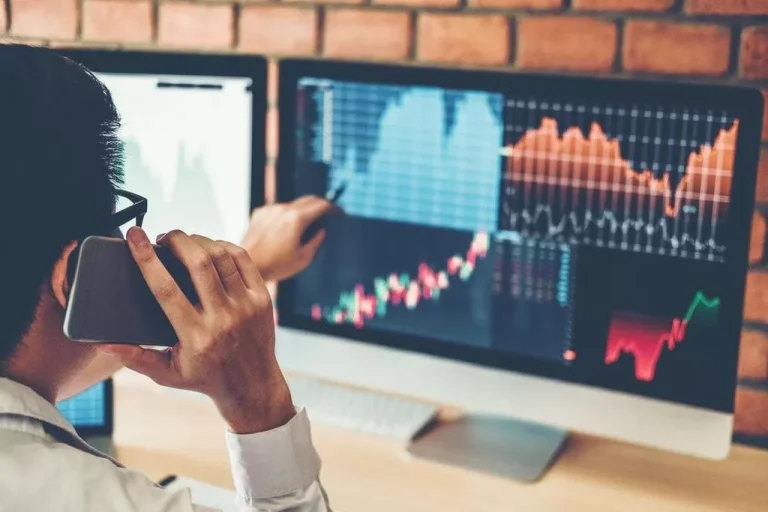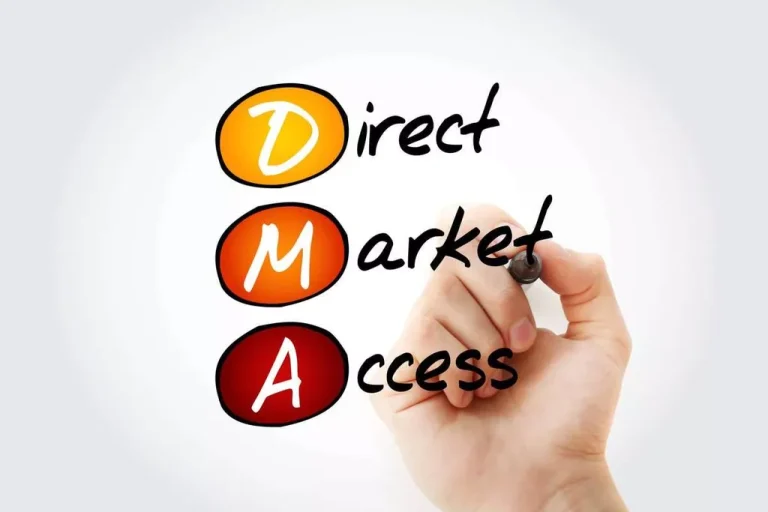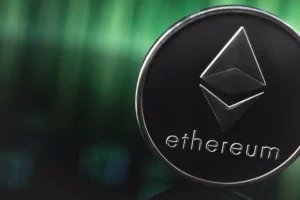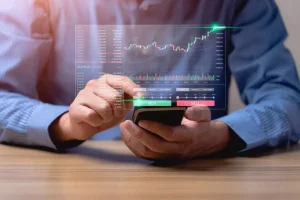If you’re a trader, the top-of-the-line ways to secure a competitive superiority can be a stroke of luck. One strategy that went upscale in recent years is direct market access. It allows one to steer clear of classic intermediaries and gain immediate entrance to the market. In the article, we’ll touch on the ins and outs of DMA.
What Is DMA?
DMA is a technology-driven trading method encouraging traders to deal with an exchange’s order book, free from the broker’s supervision. They may bypass brokers or MMs, acquiring an unrestricted approach to liquidity and prices. This method allows for more immediate execution, boosts transparency, and cuts down charges.
To get a better grasp on this phenomenon, let’s look at the main characteristics:
- Some ventures, especially investment banks, apply e-trading tech to get to the Crypto Exchanges. Ventures that want to sell securities can sponsor investors to purchase such assets. That way, they open an unrestricted approach to the market.
- Connecting purchasers and sellers on an exchange streamlines the way to better transactions. You may utilize a great scope of tools to gain benefits when you are open to access.
What does it mean? It means that your asset order is transmitted to the exchange instantly. That is, you don’t need a proxy for the deal. Only recently have trade experts and ordinary investors become allowed to use the technology. To simplify the procedure, the client makes orders online or over the phone with a broker as usual. The direct market access brokers specialist will then contact the MM to get the cost of the order.


Turnkey Brokerage Solution For Your Business
Get the most profitable fully licensed fx/crypto brokerage software or ready-to-operate business in 48 hours. Best-in-class web & mobile trading platforms, sales-driven CRM, full integration with MT4/5, and 150+ payment providers.
How Does DMA Work?
DMA puts control of immediate operations in the hands of market players. Here, you determine the procedure cost you’d like to pay. In this method, any external order aggregation mechanisms can be bypassed.
This procedure is a direct order entry through a trading platform communicating straight with the exchange’s servers. In addition to sidestepping go-betweens, this strategy allows one to see every buy-and-sell order in the order book. Direct connection to exchange resources is possible only if there is a complex infrastructure or a specialized trading platform since the volume of transactions approaches millions daily. An optimized order flow engine creates a highly efficient marketplace where purchasers can quickly set transaction costs.
CFD trading with shares and forex grants you the flexibility to speculate on price movements without the obligation of owning the actual assets. As you initiate a trade, the platform assumes a position in the primary market while furnishing you with a CFD.

DMA Example
Let’s walk through an illustration to understand better how DMA works in practice. Imagine you are a currency trade expert looking to buy euros against the US dollar. With DMA, you can place the order directly on the currency traded without a go-between. You can see the current bid, ask prices on the exchange, and decide at what cost you’d like to run the trade. Once you do it, it is transmitted instantly to the exchange, where it interacts with other orders. If it matches with a counterparty, the deal is closed, and you become a participant in the market.
DMA trading aims to provide a trading process that does not necessitate the involvement of brokers. Experienced traders who have been in the industry for a while are advised to use DMA as the software designed to accommodate complex trading strategies. As an example, algorithms may have to be utilized which means a newbie or an inexperienced trader would not be able to complete the process properly.
What Markets Can You Trade with DMA?
DMA is not limited to a particular market or asset class. Traders can access various markets – shares, options, futures, FX. Availability depends on the specific exchange or market you wish to trade. As an illustration, if you are interested in dealing with stocks, you may consider DMA quotes on the New York Stock Exchange (NYSE) or NASDAQ. Similarly, if you’re keen on Forex, discover DMA experts who offer access to currency exchanges.
Nevertheless, not all brokers propose DMA trading in all markets. Some may specialize in certain asset classes or have limited access to specific markets. When picking a direct market access partner, it is pivotal to consider the markets you want to trade in and ensure the specialist provides the necessary access.
Direct access allows traders to trade over 12,000 shares of different companies. Liquidity sources such as MMs, dark pools, multilateral trading centers, and leading exchanges are your chance to run orders head-on. This setup improves price accuracy, expands liquidity, speeds up deal processing, and gives more grip on the trades. For FX, DMA streamlines the trading for more than eighty currency pairs by eliminating mediators. With direct access to the market, you’re free to take the best out of the better pricing opportunities.
Pros and Cons of DMA Trading
Like any trading approach, DMA has its positive and negative sides. Let’s take a closer look at the benefits:
- It gives traders direct access to the market and allows for faster transactions and potentially better costs.
- Traders receive a transparent picture of market dynamics. You can now check and interact with order books. Effective control of each order will be genuine.
- Brokerage experts often combine direct market access Forex systems with various trading tactics. It is a direct way to maximize the efficiency of the trading process and save costs.
- DMA has the potential to decrease trading expenses. Traders stand to gain advantages through reduced spreads and commissions. It fosters a more cost-effective environment.
Nevertheless, it’s worth mentioning several negative aspects that affect the work:
- It calls for specific technical knowledge and familiarity with platforms. It may not be a go-to choice alternative for newbies.
- Traders are exposed to general market volatility. You cannot expect insurance or protection against adverse price fluctuations.
- Direct communication means you can only rely on yourself. A broker will not be able to offer you any advice or good strategies. Traders must rely on their experience.
In summary, direct market access is a gateway to unrestricted trading, granting unfettered direct entry into various financial markets. This facilitates quicker trade execution, heightened visibility into market movements, and reduced trading fees, significantly improving your trading experience. Nevertheless, it doesn’t wholly eradicate inherent challenges like complexity and market risks.
Before diving into the trading world, it’s crucial to carefully evaluate your personal trading objectives, risk appetite, and experience level. This thoughtful approach will be the cornerstone for crafting successful trading strategies aligning with your goals and capabilities.






